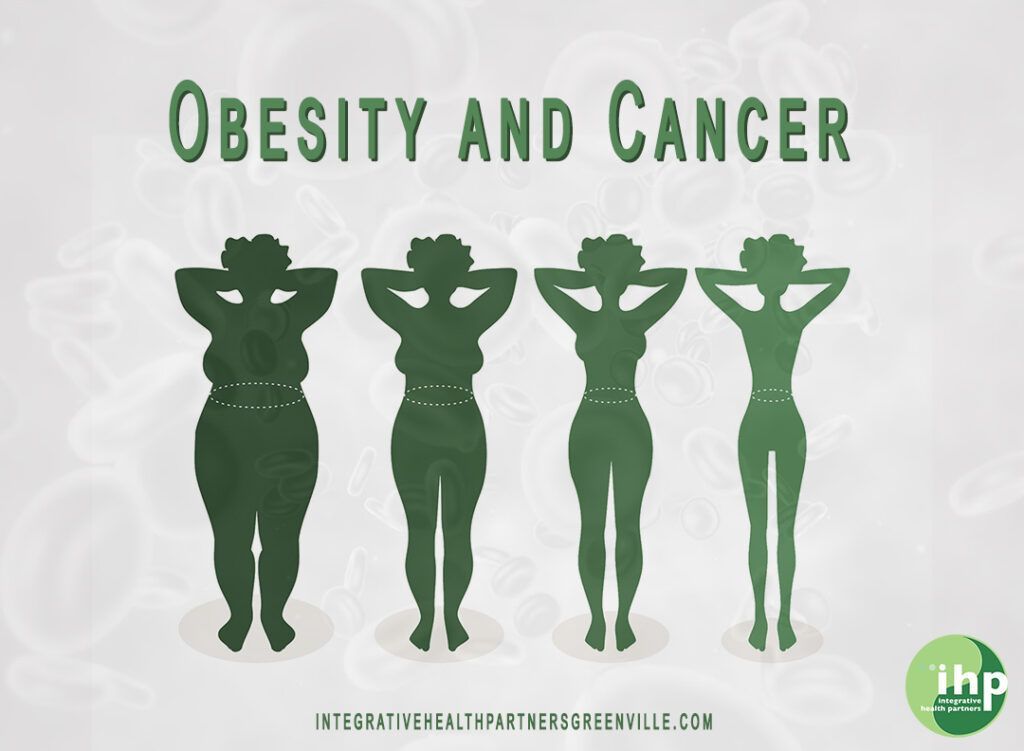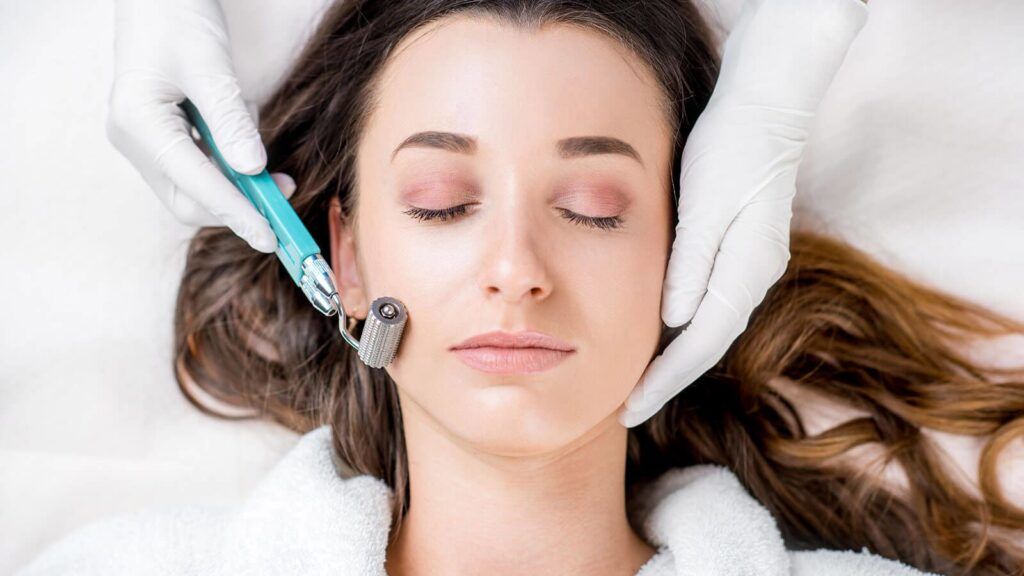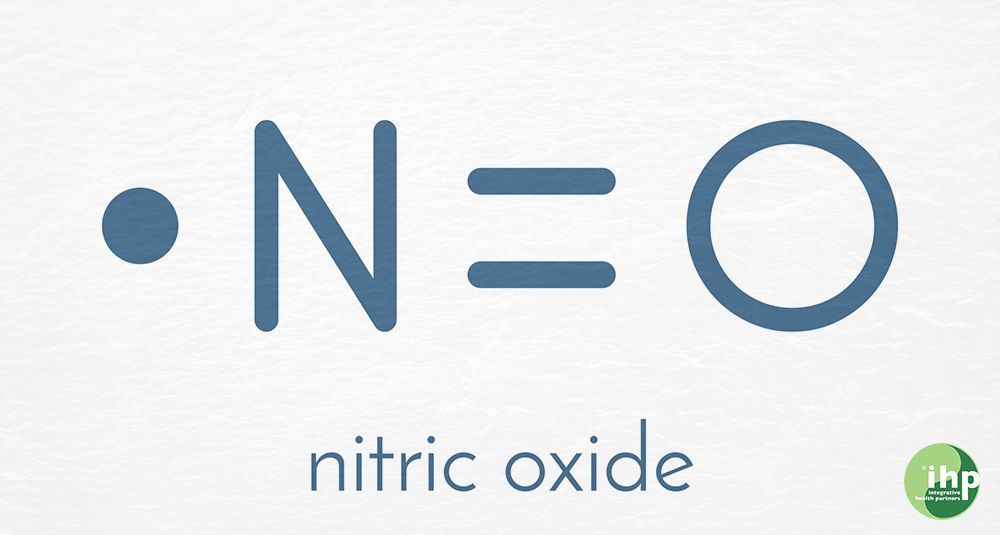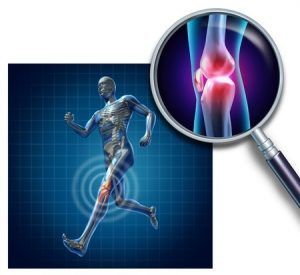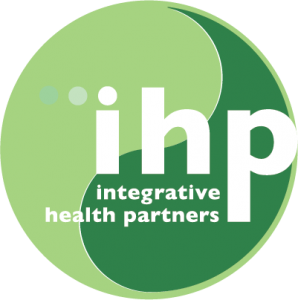Our Microbiome and the Living Soil.
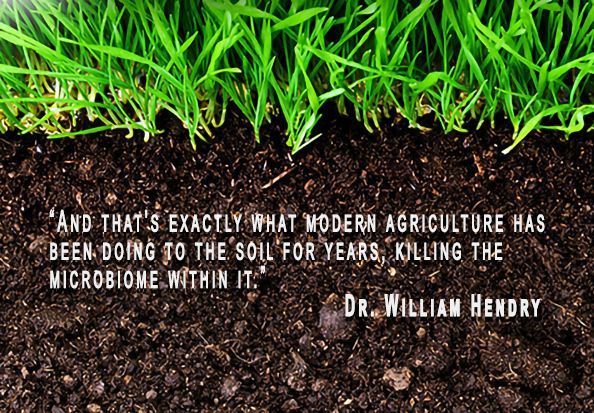
Most avid gardeners have been exposed to the idea that soil is more than just dirt. In fact, soil is teeming with microbes, including both bacteria and fungi. Collectively, this could be referred to as the microbiome of the soil. But when hearing the words “bacteria and fungi” most of us have been trained to respond “kill it!”. And that’s exactly what modern agriculture has been doing to the soil for years, killing the microbiome within it. Was this behavior conducted with malicious intent? Most of it, probably not. Most farmers and home gardeners were likely just following along with what we were taught was the best course of action. But unfortunately, it turns out that we have been focused on killing something we haven’t really understood.
Go to any home improvement or hardware store and you will find a variety of products for killing bacteria and fungi, all in the name of “doing the right thing”. Similarly, weed killers have become popular because they have all but eliminated the need to pull weeds by hand or by some other time consuming (boring) means. However, though convenient, these too have unintentional consequences as they kill more than above ground weeds, they also have significant adverse effects on the soil microbiome. The elimination of the collection of bacteria and fungi living below the surface is important because these beneficial microbes have a symbiotic working relationship with plant roots and directly impact the nourishment of the plant. The better nourished the plant, the better its overall health, including its immune system. As you might imagine, a plant’s immune system determines its ability to defend against hostile microbes as well as crawling bugs. But what is often overlooked is the fact that the “immune system” does not exist just to kill bugs, but it is integral to the health and repair of the plant, particularly during periods of stress when more cells die. So killing the microbiome, even unintentionally, has a profound adverse effect on the health of the plant, and subsequently make your yard look terrible and/or dramatically impact the quality of the food we eat.
So, you might ask, why are we talking about gardening topics in a health blog? Good question!
How me manage our agriculture not only has a bearing on our own nutrition, but more importantly, it is a reflection of how medical science has determined we should view and treat the human body. This is an important concept to grasp. Because for years, just as agricultural science has missed the importance of the microbiome living in the soil, the conventional medical system has missed the importance of the microbiome living in and on the human body. When most people hear that they have bacteria and fungus living all over their body, and moreover, that they have a high concentration of these critters living in their digestive system….most people tend to feel uneasy or squeamish. And just like in agriculture, the first course of action is often “kill it!” And to meet this need we have developed hand sanitizers, anti-bacterial soaps, anti-bacterial wipes and surface sprays, etc. Additionally, when we perceive there is an “infection” within us, we quickly take antibiotics to get rid of the offending microbes within us. But these product also have the ability to compromise the beneficial microbes that live within us.
Most of us have at least heard about “pro-biotics” and “pre-biotics” and many of us obligingly take them, even if we don’t know why. Just like the plant-soil-microbe system, our bodies are a complex eco-system that maintains its health and integrity when all the components are in proper balance. We are all familiar with the concept of poison. Simply put, a poison is something that causes a dysfunction of the cells of your body and consequently puts your health or life at risk. We tend to steer clear of poisons when we are aware. But what about things that haven’t been officially classified as “poison” but nevertheless adversely affect our microbiome? Should those substances also be considered “poison”? Recent scientific studies conclude that the answer is a resounding “yes”. Just like the soil microbiome, the human microbiome is comprised of many different organisms that need to be maintained in specific ratios to each other in order to promote the health of it’s host; that’s us! But there are things we unknowingly do that adversely affect the health of our microbiome and thus compromise our own health.
Over hundreds (if not thousands) of years our ancestors, through trial and error, developed a sense of what promoted health and what took it away. But though our biological requirements are essentially the same, our modern lifestyle is now far away from that of our ancient ancestors. We have moved away from honoring time tested observations about nature and our place in it. Instead, we have put our trust in technology and its promise of a better life. In many instances, our lives have indeed been enriched by technological advances. However, as a culture we have left behind the perspective of the wisdom traditions that preceded us. We have again become naïve to the consequences of trying to “fool mother nature”. As a result we see around us chronic illness on an unprecedented scale. These illnesses have many labels: immune insufficiency; autoimmune conditions; cardiovascular distress; and the endpoint of all chronic metabolic disorders – cancer. These are so prevalent that we almost consider them a “normal” part of life.
Bringing back some of our ancestral traditions will certainly help bring your health back in line and prevent future poor health. But, as already stated, though our bodies are designed to be living in a more pristine environment, we are no longer living in even our grandparents world. We are continually assaulted with toxins and stressors never before seen by our ancestors. Even if you “check out” and go live in some remote location, you will still be subjected to toxins that affect your gut microbiome, the canary in the mine. And since most of us are not going to move to the country and become farmers, you need to do something proactive to assess the balance of the delicate eco-system living within your gut. Modern stool testing is the tool that can show whether you have overt pathogens living within you, or whether you have other imbalances that are compromising your current or future health. This is a simple, at home test that a trained practitioner can use to guide you in the use of supportive supplements of dietary changes to get you back on track. This eye-opening lab test is probably one of the most worthwhile investments you can make in your health program.
To know something and ignore it is ignore-ant. (Good luck with that) But to not know is merely naïve, and pointing that out has been the point of this discussion. If you would like to know more about one of the primary drivers of your health, your inner microbiome, contact us or someone in your area that can help make an assessment and develop a customized plan to optimize and radically improve your health.
Dr. William Hendry, DAOM
Integrative Health Partners
319 Wade Hampton Blvd
Greenville, SC 29609
864.365.6156
